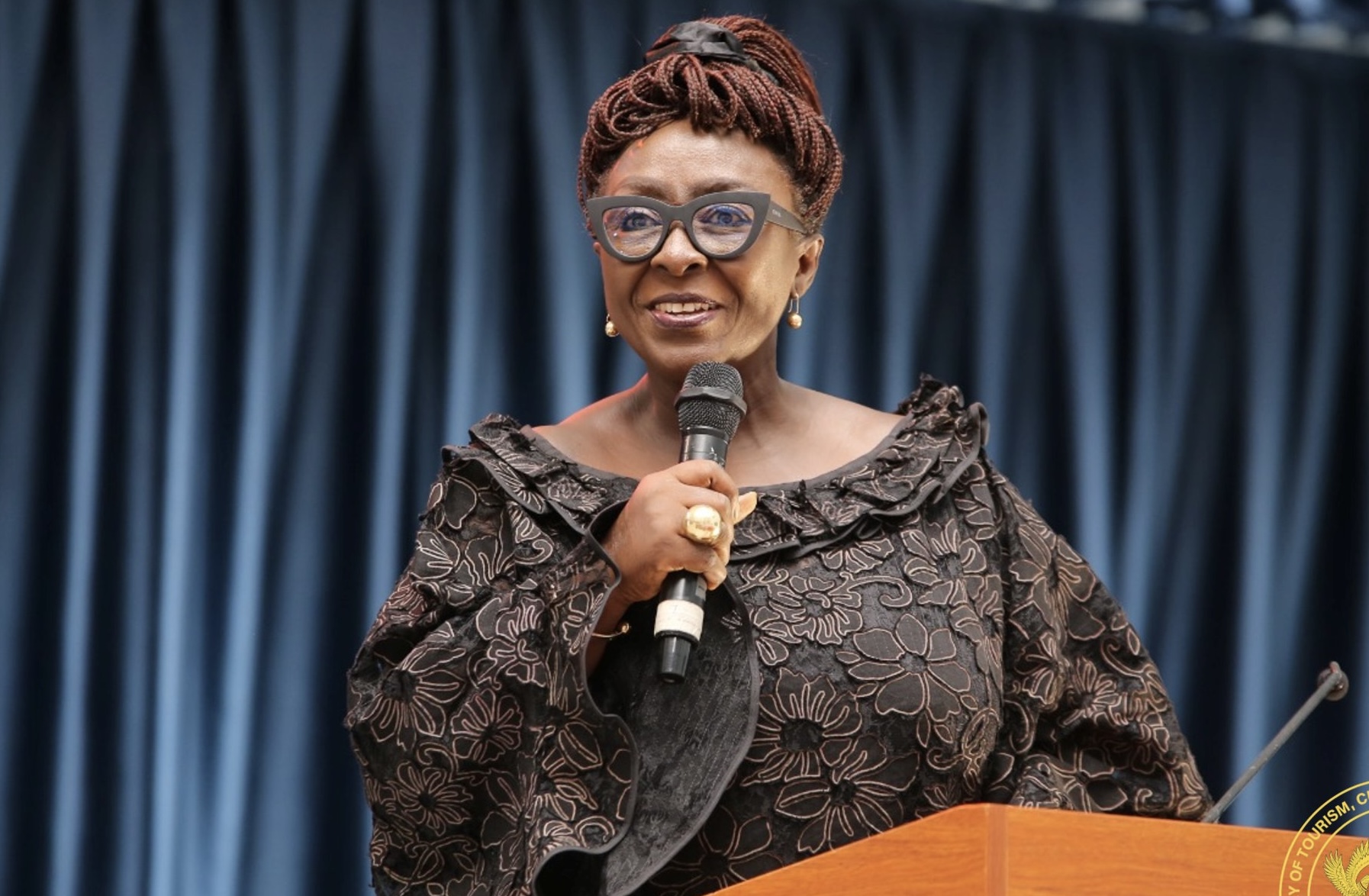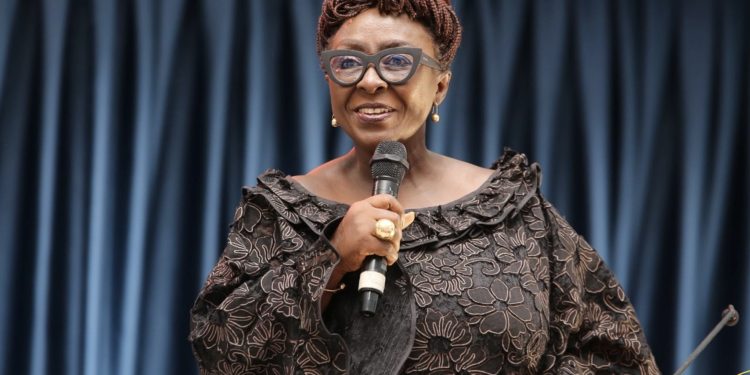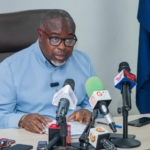
In Ghana today, it’s not unusual to find a musician with millions of streams, thousands of fans, and a headline show at a major festival, all while struggling to pay their rent.
The question is no longer whether Ghana has musical talent (it does, in abundance), but whether that talent can survive, let alone thrive, in the current economic environment.
Music in Ghana is vibrant, influential, and increasingly global. But behind the viral hits and flashy performances lies a troubling paradox: the majority of Ghanaian artists cannot make a sustainable living from their music.
In short: we have fame, but not fortune.
This article unpacks the economics of being an artiste in Ghana, the broken royalty system, weak industry infrastructure, and inconsistent digital revenue streams and outlines policy-driven solutions to transform music from mere entertainment into a viable economic sector.
1. The Royalty Crisis: A System Built on Hope
At the core of any music industry is a functioning royalty collection and distribution system. In Ghana, this foundation is worryingly shaky.
The Ghana Music Rights Organisation (GHAMRO), tasked with collecting and distributing royalties on behalf of musicians, composers, and rights holders, has come under sustained criticism. Many artists claim that the royalty cheques they receive (if any) are insufficient, delayed, or completely disconnected from their actual airplay or usage.
In 2020, some prominent musicians received less than GH₵1,000 for years of broadcast and performance usage. For comparison, in more structured markets, a single well-placed song in a film or advertisement could earn a songwriter thousands of dollars in licensing fees alone.
The lack of a transparent, technology-enabled tracking and payment system makes it nearly impossible for creators to benefit from the full commercial value of their work.
Policy Recommendation:
Government must push for a complete audit and digitisation of GHAMRO operations. A publicly monitored, tech-driven royalty system — connected to broadcasters, streaming platforms, and performance venues — is essential for ensuring artists are paid accurately and on time.
2. Infrastructure Deficit: Talent Without Industry
While Ghana has no shortage of gifted musicians, it suffers from a profound industry infrastructure deficit.
Unlike in countries like South Africa or Nigeria, Ghana lacks:
• Established publishing companies to manage song rights and secure international deals.
• Strong Performance Rights Organisations (PROs) to license and collect on behalf of artists.
• Major or mid-sized record labels with investment capital, marketing teams, and export strategies.
• Adequate legal and financial education for creatives navigating contracts and rights ownership.
The result is a fragmented ecosystem where artists must act as their own managers, lawyers, and distribution agents — often without the skills or resources to do so effectively.
Many young musicians sign exploitative contracts out of desperation. Others release music without registering it properly, missing out on critical long-term revenue such as sync licensing (using songs in movies, TV shows, or commercials), mechanical royalties, and international streaming income.
Policy Recommendation:
The Ministry of Tourism, Arts, and Culture, in collaboration with the Ministry of Trade and Industry, should develop a Creative Economy Support Framework. This must include:
• A grant and training program for independent labels and music publishers.
• Legal aid services for artists negotiating contracts.
• Support for the establishment of Ghana-based publishing and royalty collection entities.
3. The Digital Dilemma: Streams Don’t Pay (Well)
The rise of digital platforms like Audiomack, Boomplay, Spotify, and YouTube has made global distribution easier than ever. But contrary to popular belief, viral success on these platforms does not automatically translate into financial sustainability.
Streaming services pay artists based on fractions of a dollar per stream — and most Ghanaian artists receive very low traffic from the high-paying regions like the US and Europe. On average:
• Spotify pays between $0.003 and $0.005 per stream.
• YouTube monetisation requires high views and engagement, especially from countries with higher ad spending.
• Boomplay and Audiomack offer promotional support, but revenue potential is still limited due to lower monetisationrates in African regions.
Compounding this issue is the lack of digital literacy in music business practices. Many Ghanaian musicians do not know how to properly monetise their content, protect their metadata, or register their work for global royalty collection.
Policy Recommendation:
The government should partner with digital platforms and creative institutions to launch a National Music Business Training Program focused on:
• Digital rights management.
• Metadata and royalty registration.
• Streaming optimisation and international licensing.
In addition, the Ghana Investment Promotion Centre (GIPC) should classify music and creative tech start-ups as priority sectors for local and foreign investment.
4. Live Performance Dependency: A Fragile Business Model
With royalties unreliable and streaming revenue minimal, many Ghanaian musicians rely heavily on live performances, brand endorsements, and seasonal events like December concerts to earn a living.
While this has created a booming events culture in Ghana, it’s an unstable model. A cancelled gig, an economic downturn, or even political interference can wipe out months of income.
Moreover, upcoming artists who are not yet part of the “top tier” rarely get consistent bookings — reinforcing inequality in the music space.
Policy Recommendation:
Create a Creative Industry Relief Fund to support artists and performance workers during economic shocks (similar to how cocoa or oil workers are cushioned during downturns).
Additionally, invest in regional performance venues and platforms that give emerging artists exposure beyond Accra.
5. Music as Export: Untapped Potential
Ghanaian music is globally recognised and culturally influential. From Highlife’s impact on Afrobeats to the global drill movement shaped by acts like Yaw Tog and Black Sherif, the sound of Ghana travels far.
Yet, music is not treated as a formal export product in the way cocoa or gold is.
Policy Recommendation:
Establish a Ghana Music Export Office — similar to the Ghana Cocoa Board — tasked with promoting Ghanaian music globally through:
• Artist showcases at international expos.
• Strategic partnerships with music festivals and sync agencies.
• Branding campaigns for Ghanaian sound as part of the national identity.
Tax incentives should also be introduced for businesses investing in music export infrastructure (e.g., record labels, studios, talent development programs).
A National Asset, Not Just Entertainment
Ghanaian music is not just a cultural treasure — it is a potential billion-cedi industry. But without serious investment in systems, education, and policy, we risk silencing one of our most powerful global voices.
If Ghana can invest in cocoa boards and oil infrastructure, it can — and must — invest in its artists. Because every hit song is more than a vibe; it’s an asset. And with the right structure, Ghanaian music can become not just famous, but profitable.
It’s time we moved from vibes to value. The artists have played their part. Now, it’s up to policymakers to make the music economy work — not just for applause, but for prosperity.
DISCLAIMER: The Views, Comments, Opinions, Contributions and Statements made by Readers and Contributors on this platform do not necessarily represent the views or policy of Multimedia Group Limited.
DISCLAIMER: The Views, Comments, Opinions, Contributions and Statements made by Readers and Contributors on this platform do not necessarily represent the views or policy of Multimedia Group Limited.
- President Commissions 36.5 Million Dollars Hospital In The Tain District
- You Will Not Go Free For Killing An Hard Working MP – Akufo-Addo To MP’s Killer
- I Will Lead You To Victory – Ato Forson Assures NDC Supporters
Visit Our Social Media for More




